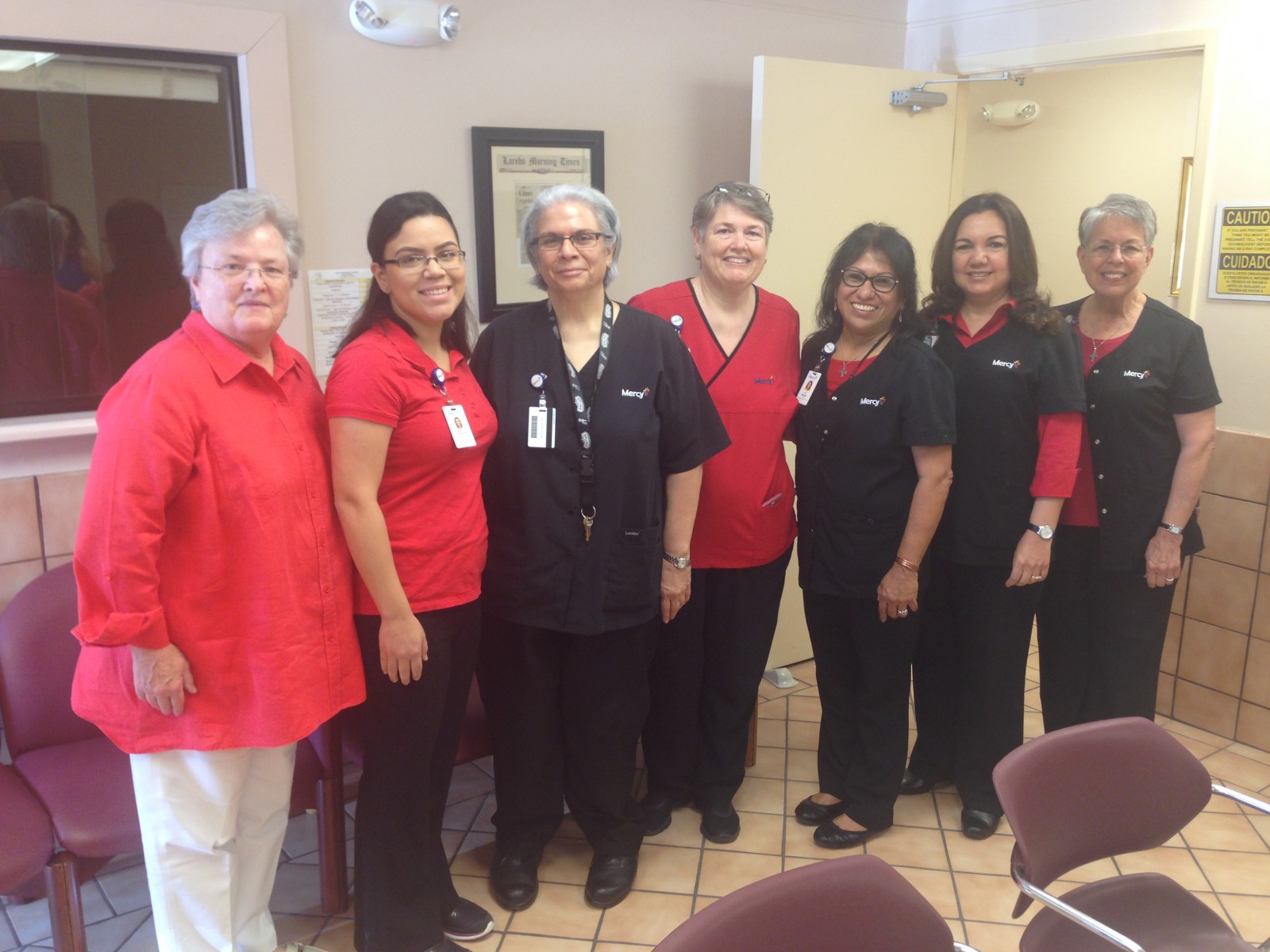Co-locating Family Service Association’s Financial Empowerment Center at Wesley Health & Wellness Center
By Edlín Maldonado-Fuller, collaborative grants specialist
"Financial empowerment services help our patients see the bigger picture, to help them plan for the long term." – Monica Lucero, Behavioral Health and Social Work Supervisor
While access to care plays an essential role in helping to improve the overall health of our communities, even greater are the non-clinical factors, such as income and employment. Earlier this year, Methodist Healthcare Ministries of South Texas, Inc. partnered with the Family Service Association of San Antonio's Financial Empowerment Center to offer one-on-one financial counseling to Wesley Health & Wellness Center patients as part of our holistic approach to care.
Many times, when patients meet with a Methodist Healthcare Ministries social worker, financial issues and concerns arise. The social work case manager works with the financial empowerment counselor to help patients engage in support services, such as individual financial counseling. With an on-site financial empowerment counselor, patients benefit by having access to services and not needing to travel. In addition, there are educational workshops for small groups.
As the program is in its pilot year, Methodist Healthcare Ministries is monitoring levels of depression and anxiety to determine whether these concerns, associated with financial stress, can be lowered over time – thus improving a patient's overall health. Methodist Healthcare Ministries and the Financial Empowerment Center hope to take this information and work to improve services to achieve better health and financial outcomes of individuals. Clinical care contributes about 20 percent to someone's health, while social and economic factors contribute about 40 percent. By bringing two different sectors together– a social worker and financial empowerment counselor – to address a patient's needs, the partnership has the potential to achieve greater, significant impact in an individual's life.
The Financial Empowerment Center is a national initiative that launched in 2013 with support from Bloomberg Philanthropies. San Antonio was blessed to be one of five initial cities selected. Since opening its doors on the city's West Side, the Financial Empowerment Center has helped families reduce over $5 million in debt, accumulated over $400,000 in savings, and helped 20 families buy a home. This is extremely remarkable given the average annual income for Methodist Healthcare Ministries' patients is about $23,000. For many families, this figure is below the federal poverty level. Fortunately, these services do not have income restriction or eligibility requirements and anyone in the community can access the service for free. In addition to being co-located at Wesley Health & Wellness Center, Financial Empowerment Services has several sites throughout the city. A true community partner, they have connected with local organizations such as Haven for Hope and the Westside Education & Training Center.
In November, Family Service Association's Financial Empowerment Center received an honorable mention for Mutual of America's 2016 Community Partnership Award. It is truly exciting patients are receiving services from a national, award-winning program. Join us in congratulating an outstanding organization of our community!
Edlín Maldonado-Fuller is the Collaborative Grants Specialist for Methodist Healthcare Ministries. She provides technical assistance to community partners in Methodist Healthcare Ministries' service regions, ranging from grant-writing, vetting grant opportunities, supporting collaborative funding initiatives and sharing information about development resources.












